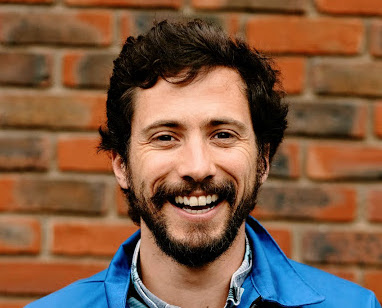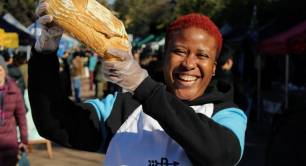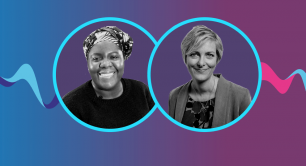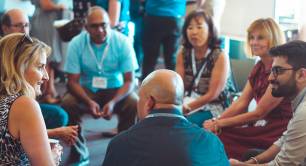Fit for the Future: Breadwinners on impact measurement that makes a difference
What does it mean to build a healthy, resilient, sustainable organisation that’s able to do good and well at the same time? Previously, we've discussed how to find the right finance, how to navigate risk, and how to look after your team in challenging times.
In this episode, co-hosts Tim West and Eddie Finch talk to Martin Cosarinsky Campos, managing director of social enterprise Breadwinners, and trustee Harry George, about the art of impact measurement and management.
Listen now:
Love podcasts? Don't miss out on ours! Catch up on all our podcasts and subscribe free on Apple Podcasts, Spotify or Soundcloud.
Measuring and managing the impact of a social enterprise is important for a number of reasons, from helping the business to adjust its strategy, to creating a lasting relationship with consumers and investors. But where do you start? And how to do it right?

Founded in 2016, Breadwinners helps 16-24 year-old asylum seekers and refugees of all ages to access training and employment through selling artisan bread, online and at farmers’ markets in London and Brighton. To date, it has supported more than 220 people, with 90% of its alumni moving on into other paid work.
The social enterprise, which was named Impact Management Champion at last year’s NatWest SE100 Awards, uses a ‘peer-led’ impact evaluation approach: programme participants, as part of their work for Breadwinners, survey Breadwinners alumni about their experience of the programme and the impact it has had on their lives – a way of getting more honest and open answers than if the managers were asking the questions themselves.
It is really important that all the work that the organisation has done actually produces some change
In the process, Breadwinners also gives participants the opportunity to learn a skill – conducting surveys – which will be valuable in their career development. “So actually,” says Cosarinsky Campos, “when I'm doing my impact report, I'm delivering on my mission as well”.
Seeking honest responses also means Breadwinners avoids the temptation of coming up with a conclusion before having collected the evidence. “Especially as an accountant,” says Finch, “I've got a particular fear of people making up a story and then trying to make the facts fit. But that approach of finding evidence, and then deciding what it means and what informs you to do better in the future, is exactly what it should be all about.”
I've got a particular fear of people making up a story and then trying to make the facts fit
Once the impact is measured, the key to good impact management is to use the findings of the impact report to make changes to improve your organisation, Cosarinsky Campos explains.
“I think it is really important that, in the process of an impact report, all the work that the organisation has done actually produces some change… because if not, that is almost like a missed opportunity: you did a lot of work, and then you're going to continue doing the same thing – what was the point of that? You didn't really learn, or you didn't take anything from that.”
Thanks for reading our stories. As an entrepreneur or investor yourself, you'll know that producing quality work doesn't come free. We rely on our subscribers to sustain our journalism – so if you think it's worth having an independent, specialist media platform that covers social enterprise stories, please consider subscribing. You'll also be buying social: Pioneers Post is a social enterprise itself, reinvesting all our profits into helping you do good business, better.



